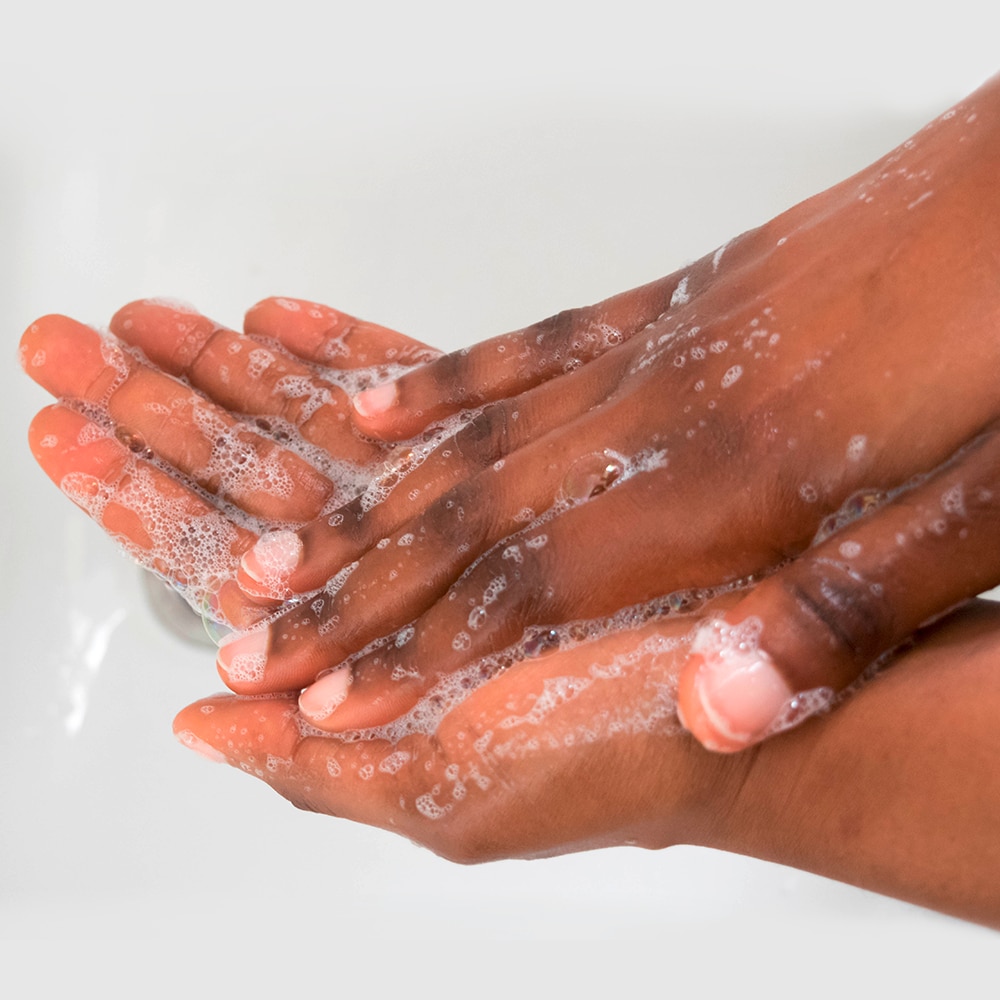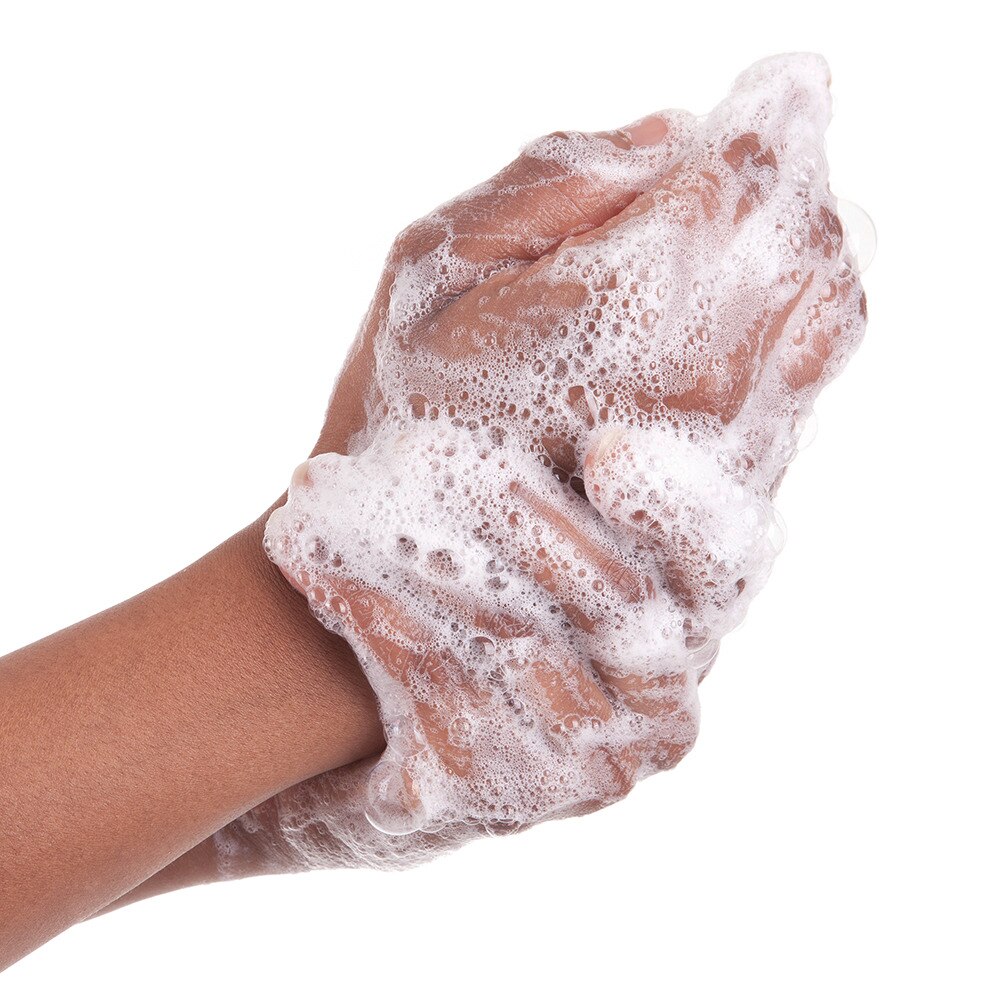Know what you are allergic to
You may think that you know what’s causing your allergy symptoms, but an allergy specialist (allergist) may be able to help you to identify your specific triggers. An allergist can perform tests in order to pinpoint the cause of your suffering and then find the right treatment to stop it from affecting your life. This is a crucial step in allergies prevention.
Get over-the-counter medication
If you know that you're prone to sniffles and sneezes as the weather warms up, now is the time to stock up on allergy medications. And don’t forget to look in the homeopathic and natural medicine aisles for relief. Remember that you'll still need to see your doctor if you take prescription-only drugs to ease your allergies. This proactive approach is part of what helps prevent allergies before they get worse.
Wash hands frequently
Develop a healthy hand hygiene routine by frequently washing hands with germ protection soap and running water for at least 30 seconds so as to remove clinging pollens and keep hands germ-free. Don’t touch your already sensitive eyes with dirty hands and try rinsing them with cool water after coming indoors to help minimise the effects of the pollen. Shower and wash hair at night to prevent pollens from getting into your bedding. These small daily practices go a long way in how to help prevent allergies naturally.
Regularly cleaning your home
Spring cleaning sounds like a lot of work, but ridding your home, car, office or playroom of bacteria, mould, dust and other grime can keep you free of spring colds and help you to cope better with seasonal allergies. Plus, all of that window washing and floor sweeping will burn some calories too. Home hygiene is key in preventing allergies in spring.
Pets and allergies can go hand in hand
A tip for dog or cat owners who are allergic to fur: bathe your pets frequently. Your pet’s saliva on the fur from cleaning itself, or on your skin from slobbery kisses, can also incite an allergic reaction. In addition to bathing your pet, remember to wash your hands soon after you've had direct contact with your furry friend.




